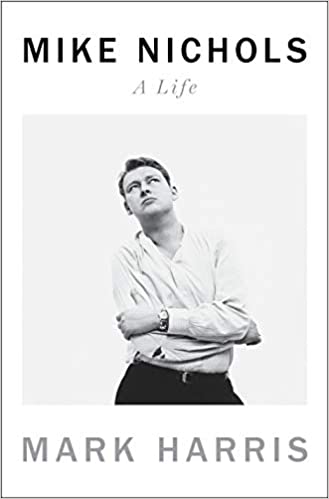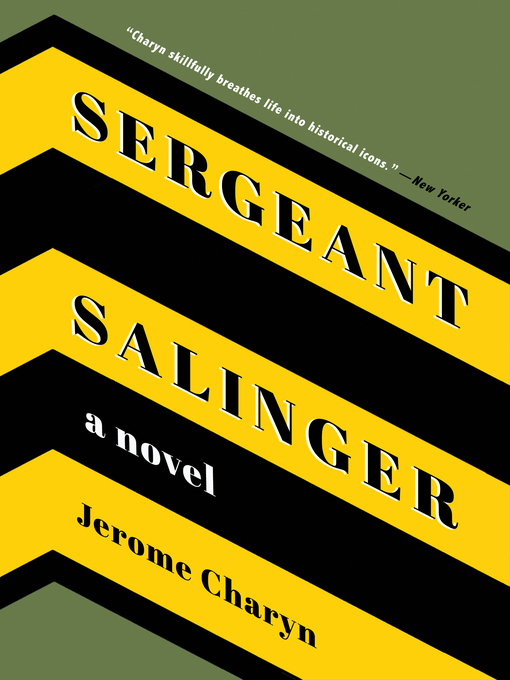A column for the Spanish monthly Caiman Cuadernos de Cine, submitted on February 16, 2021. — J.R.

I can’t decide which is more depressing — the capitalist suppression of Woody Allen’s latest comedy (Rifkin’s Festival) in the U.S. for stupid reasons or the stupid film itself and all that it doesn’t have to say (i.e., as little as possible) about Spain, the Basque country, San Sebastian, sex, romance, growing old, cinema, publicity, film festivals, Fellini, Bergman, Buñuel, Welles, Godard, and Truffaut — to mix metaphors, a veritable flood of empty holes. Film historian Joseph McBride, who like me sneaked an unauthorized look, finds “pleasurable” and “relaxed” what I find juiceless and inert. (What other film removes most of Gina Gershon’s sex appeal?)
The fact that some colleagues can find fun in Rifkin’s Festival epitomizes for me a particular American pathos — a sadness akin to labeling some of Donald Trump’s Republican slaves heroic martyrs if they briefly broke away from his directives after spouting and supporting his dangerous nonsense for months. But I’m susceptible to the same sort of foolishness when I pass some post-surgery recovery time enjoying the audiobook of Mark Harris’ Mike Nichols: A Life (over 20 hours long), as undemanding in its professional polish as all the Nichols films I’ve wasted my time watching.

To be fair, I do like a couple of films directed by Nichols (I can’t exactly call them Nichols films), Primary Colors and Angels in America, mostly for what their authors and actors bring to them. For all its bombast, the latter has eloquent and cogent things to say about the AIDS crisis, partly by locating it in a particular place (New York City) and time (the Reaganite mid-1980s), and Primary Colors does some helpful digging around the Clinton era that might be called Brechtian Lite.


Angels also performs the rare feat of imagining the unimaginable–plumbing the acrid evil of Roy Cohen, the worst of both Joseph McCarthy’s henchmen and Donald Trump’s gurus, with the gifts of a writer (Tony Kushner, Mark Harris’s husband) and actor (Al Pacino). The resulting fireworks may not offer up definitive insights, but they get us thinking and force us to come up with serious speculations of our own. A comparable example of neo-Brechtian imagining the unimaginable: Jerome Charyn’s novel Sergeant Salinger, which imagines how fiction writer J.D. Salinger, after witnessing or experiencing many of the worst horrors of WW2 working as an intelligence officer, remained in postwar Europe for a year, married one of his Nazi prisoners, and brought her briefly back home with him to New York. In short, as with Roy Cohn dying of AIDS, not so much solving a riddle as giving us enough equipment to do our own sleuthing.

